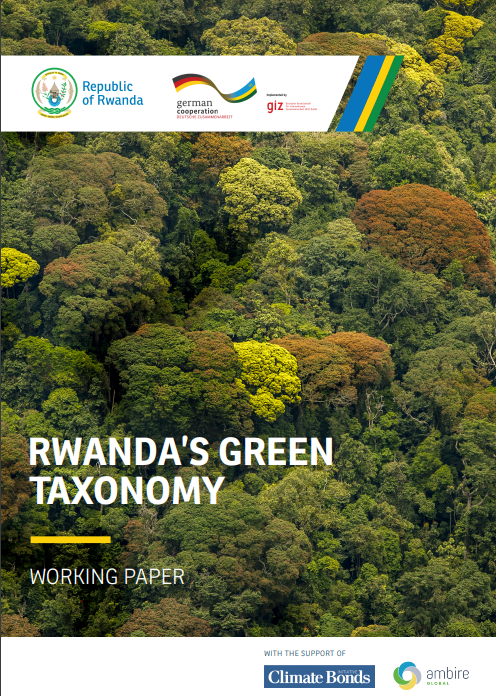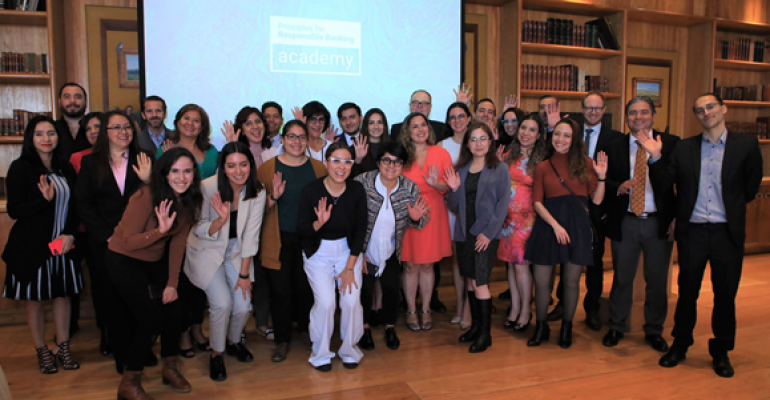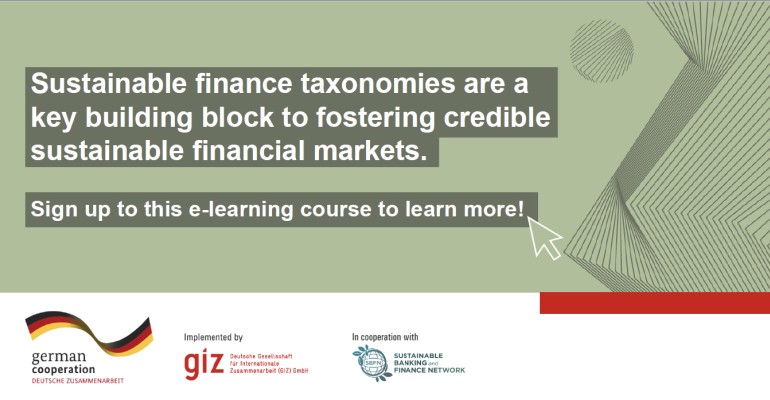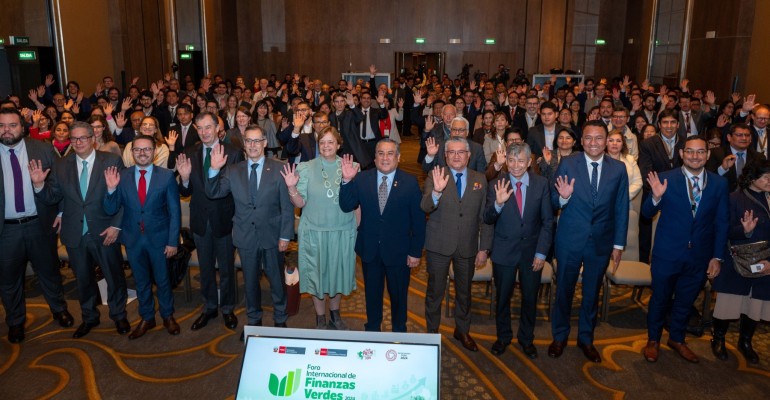Rwanda’s Green Taxonomy showcased during the COP28 UN Climate Change Conference
Description
Rwanda’s taxonomy forms an important cornerstone of the country’s ambitious reform agenda. We congratulate the Government of Rwanda for launching their national taxonomy, only the second one in Africa. The taxonomy seeks to lay a strong foundation for the country‘s green transformation and will support Rwanda in positioning itself a sustainable finance hub in East Africa.
Taxonomies help in identifying and classifying sustainable economic activities. They are used globally to create a uniform standard for sustainability in the financial sector and to establish transparency and comparability of sustainable investments so that greenwashing can be prevented and capital channeled into sustainable economic activities.
Since November 2022, GIZ's Global Program Sustainable Economic Development and Sustainable Finance is supporting Rwandan partners in developing their national taxonomy in close alignment with international best practices. The development of a globally harmonised green taxonomy will be key for Rwanda for moving towards a more resilient economy and achieve net zero emissions by 2050 through the mobilisation of both local and international capital.
In its first phase, Rwanda’s Taxonomy includes economic activities that contribute to climate change mitigation in three sectors: energy, transport and construction. It provides a special approach for the agricultural sector by delivering a list of basic, intermediate and advanced sustainable practices that contribute to different environmental and climate objectives, including climate change adaptation, water and biodiversity protection. In a second phase, starting in Q2 2024, the taxonomy will be expanded by including four additional sectors and adding further economic activities to strengthen the climate change adaptation component.
Rwanda’s taxonomy can provide useful guidance for the development of local disclosure regulations, standards for green bonds and loans, the Government’s green budget tagging initiative, as well as the enhancement of existing sectoral policies.
More background information on the taxonomy and its development process and be found here.
Partners
The Deutsche Gesellschaft für Internationale Zusammenarbeit (GIZ) GmbH, on behalf of the German Federal Ministry for Economic Cooperation and Development (BMZ), supports the Rwandan taxonomy development process through the provision of strategic and technical advice, governance support, stakeholder engagement and capacity building. Valuable technical expertise is provided by Climate Bonds Initiative and Ambire Global.




